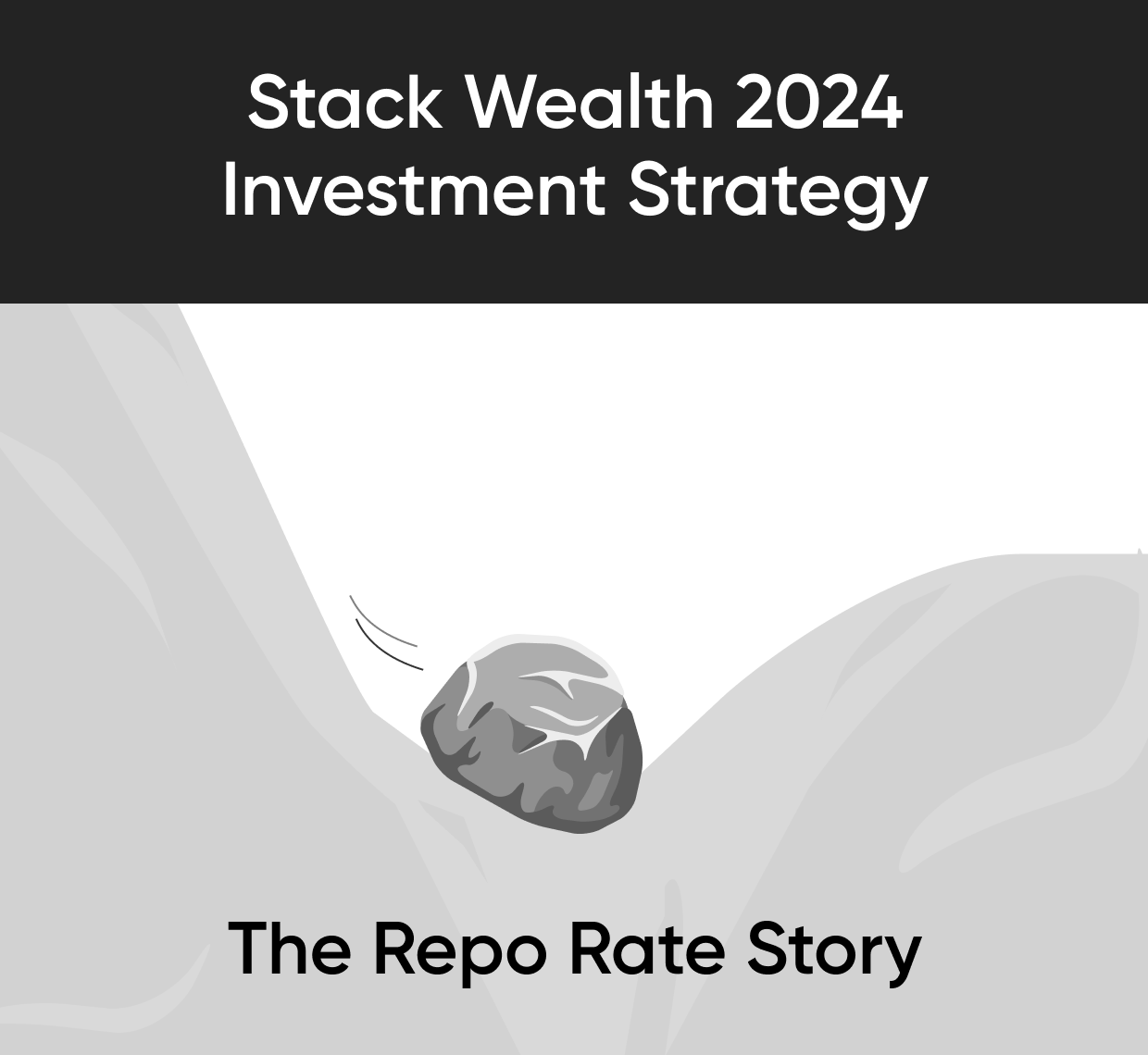Introduction
Environmental, social, and governance, or ESG, investment has become a popular strategy in recent years and changed the financial markets. ESG investing incorporates environmental, social, and governance aspects into investment decisions in addition to financial returns. This shows a larger commitment to sustainability, moral business conduct, and ethical standards. We'll explore the importance of ESG investing, its rising profile, and its potential effects on investors and society at large in this blog.
What is ESG?
The foundation of ESG investment is the idea that companies should take into account their effects on the environment, society, and governance procedures in addition to their financial success. Let us examine each element of ESG in detail:
- Environmental (E): Environmental aspects pertain to how businesses handle their environmental impact. This covers things like water conservation, waste management, energy efficiency, and carbon emissions. Strong environmental policies aim to lessen an organization's environmental impact and advance sustainability across the board.
- Social (S): Social elements include a broad spectrum of concerns about community involvement, diversity, equity, labor practices, and human rights. Positive community relations, diversity and inclusion in the workforce, and ethical labor practices are given top priority by businesses that are socially responsible. They might also be in favor of social programs and causes that advance society as a whole.
- Governance (G): A company's leadership, accountability, openness, and ethical standards are all assessed by governance factors. Independent boards of directors, open financial reporting, efficient risk management, and moral decision-making procedures are all components of good governance. Firms possessing strong governance frameworks are more adept at reducing risks and defending the interests of shareholders.
The Growing Popularity of ESG Investing
ESG investment has become increasingly popular in recent years due to a number of important factors:
- Growing Concern: As social injustice, climate change, and corporate wrongdoing become more pressing issues, people's understanding of the importance of sustainable and ethical business operations grows.
- Investor Demand: Values-aligned investment is becoming more and more important to investors, especially millennials and younger generations. Demand for ESG-focused investment solutions is being driven by their desire to match their investment portfolios with their personal values and views.
- Performance Potential: Studies have indicated that organisations with a strong ESG reputation may do better in the long run than their counterparts. Investors may be able to find businesses that are better equipped to handle environmental and social issues by taking into account ESG aspects, which could result in more robust and sustainable investment returns.
- Regulatory Support: Governmental and regulatory organisations are placing a greater emphasis on the value of ESG factors in business decision-making. Regulations and disclosure standards are changing to promote increased responsibility and openness around ESG matters.
The Impact of ESG Investing
Positive results from ESG investing could benefit investors, businesses, and society at large:
- Financial Returns: Enhanced company performance, better risk management, and long-term value creation for investors are all possible with ESG integration. Prioritising ESG aspects can help businesses save money on capital costs, become more competitive in the market, and eventually improve their financial performance.
- Positive Social Impact: Investors can promote favourable social and environmental results by funding businesses that adhere to strict ESG standards. ESG-focused investments have the potential to positively impact local and global change by tackling global issues including social inequality, climate change, and sustainable development.
- Corporate Accountability: ESG investing promotes the adoption of more accountable, responsible, and transparent business practices by corporations. Investors can influence company behaviour and encourage greater corporate responsibility and sustainability across industries by taking ESG considerations into account.
Conclusion
A paradigm change in the financial industry, ESG investment reflects an increasing understanding of the relationship between sustainability, societal well-being, and financial performance. ESG investing is poised to transform investment strategies, bring about good change, and build a more sustainable and just future for future generations as investors place a greater emphasis on environmental, social, and governance issues. Investors can match their financial aims with their beliefs and make a positive impact on a more sustainable and prosperous society by adopting ESG principles.











